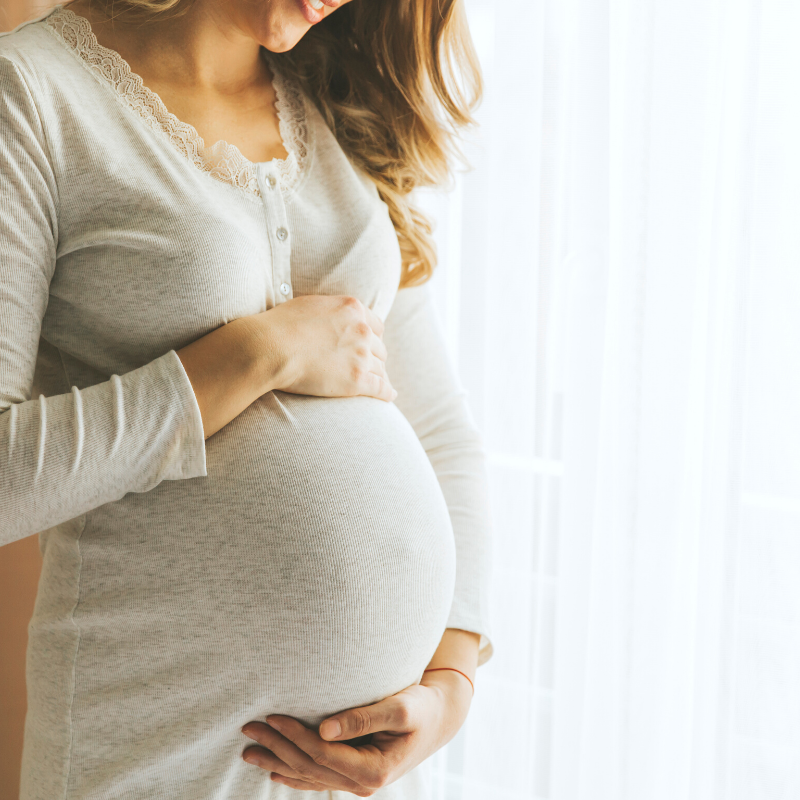“How old is too old to have a baby?”

This a really common question I frequently get asked in clinic and by friends and colleagues alike. There has been a lot written on the topic of ageing and fertility, and there is no doubt that age is one of the single most important factors to consider when looking at chances of natural success and with fertility treatments. Ageing eggs and sperm can both have an impact on fertility but at different stages.
“Most women believe their chances to conceive naturally declines at the age of 35, but this is not accurate”.
Most women believe their chances to conceive naturally declines at the age of 35, but this is not accurate. At birth a female fetus has around 5 million eggs stored in the ovaries and by the time menstruation starts around 10% of these remain. Numbers continue to fall as an egg is recruited from a pool of follicles each menstrual cycle, so that by the age of 37 there are about 25,000 eggs remaining. It is around this age that a notable decline in female fertility begins. The number of eggs and the quality of eggs are both of importance.
Fertility should never be assumed at any age, so how do you know whether your egg number is above or below average. There have been several different markers used to assess this of varying success. There are different ways a doctor may check your ovarian reserve.
- Follicle Stimulating Hormone(FSH) is measured in the blood between days 2-3 of the menstrual cycle starting can help diagnose low ovarian reserve. This hormone if raised in the blood at this time in the cycle, suggests a low ovarian reserve.
- Anti-Mullerian Hormone (AMH)is produced from the granulosa cells surrounding the early follicles in the ovary and is probably the most accurate measure of a woman’s egg reserve. AMH is tested in the blood and used as a guide to predicting a woman’s ovarian reserve. As a woman ages this level in the blood will decline as the egg reserve falls. The rate at which AMH falls varies significantly and it gives no information about the quality of the eggs.
- Antral Follicle Count (AFC)is assessed by your doctor using ultrasound between days 2-5 of the menstrual cycle. The AFC is basically a guide to the number of small follicles in the ovaries that month that have the potential to develop.
“An early sign of possible low ovarian reserve can be a change to a much shorter and more irregular menstrual cycles after years of them being regular”.
A low ovarian reserve may not be immediately obvious, and it can be diagnosed quite late if a woman has no symptoms or warning signs. This may have an impact on fertility and the chances of having a baby naturally if a low ovarian reserve is discovered too late. An early sign of possible low ovarian reserve can be a change to a much shorter and more irregular menstrual cycles after years of them being regular. If a woman has a family history of women reaching the menopause early, then they may wish to have an assessment of their own egg supply.
Egg quality can be as important as egg number as both can affect a woman’s chances to conceive. As a woman’s age increases egg quality will tend to decline but there is no specific blood test similar to an AMH level that can be used to test this. Certainly, some gynaecology conditions like endometriosis and polycystic ovaries have been linked with lower egg quality. However, thousands of women with these conditions conceive naturally every year and require no assistance. Quite often the old age problem of simply getting older may not be the whole picture.
All of the blood tests and ultrasound scans discussed here should be performed by a fertility specialist. Don’t let old age become a problem.
By: Dr. Ed Coats